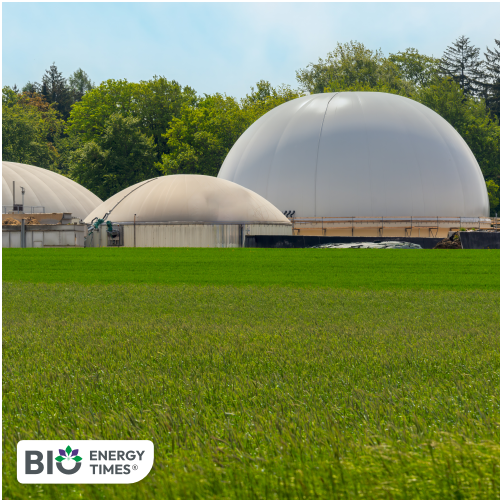The Malaysian Bioeconomy Development Corporation is teaming up with a South Korean company, Polaris Bio, to build a network of facilities across Malaysia. These facilities will use palm oil mill effluent, a byproduct of palm oil production, to create renewable biogas, reports Business Today.
The project will start with an initial investment of 30 million Malaysian Ringgit. The larger plan involves a total of 700 million Ringgit to build more than 20 facilities that will produce Bio-Compressed Natural Gas (Bio-CNG).
When the entire network is up and running, it is projected to reduce harmful carbon emissions by 384,000 tonnes every year. This reduction will also allow for the creation of internationally recognized carbon credits.
Mohd, Khairul Fidzal Abdul Razak, the Chief Executive Officer of the Bioeconomy Corporation stated that this project is a major step forward in transforming palm oil waste into a valuable source of clean power.
“New technologies now allow us to turn this biogas into cleaner fuels and chemicals,” he said. “This opens up fresh possibilities for reducing pollution and building a stronger bio-based industry.”
He also noted that this project shows increasing investor confidence in Malaysia’s bioenergy potential.
Junghwan Kim, CEO of Polaris Bio said the collaboration sets a strong example for international cooperation on climate action. He mentioned that the project builds on their experience with similar initiatives in Malaysia since 2020.
The agreement was formally exchanged at a major economic expo in Kuala Lumpur, with the Deputy Prime Minister and Minister of Energy Transition in attendance.















